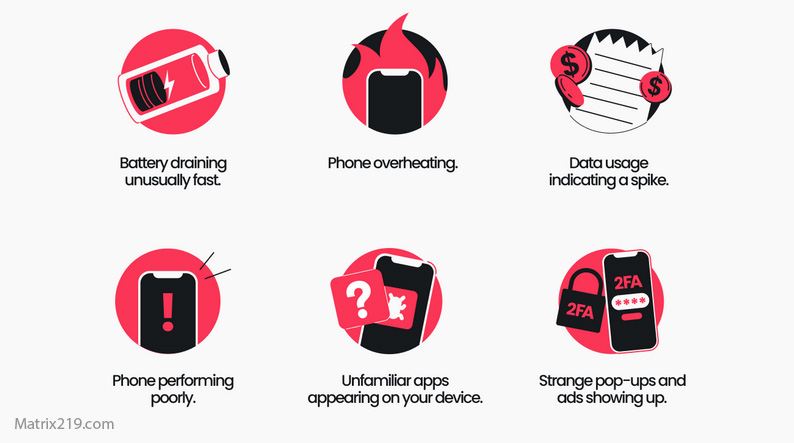Investment scams exploit people’s desire for quick profits by promising guaranteed returns. Fraudsters create fake investment opportunities in fields like cryptocurrencies, real estate, and stocks. This article explains how fake investment scams work, their common tactics, and how to protect yourself from falling victim.
What Are Fake Investment Scams?
Fake investment scams occur when fraudsters present seemingly lucrative investment opportunities that do not actually exist. Scammers target individuals looking for profitable ventures and use convincing tactics to make their offers appear legitimate. Many victims fall for these scams due to their lack of financial knowledge, making them easy targets.
How Do Fake Investment Scams Work?
Scammers use various methods to deceive investors, including:
- Fake Cryptocurrency Investments:
- Fraudsters create fake digital currencies or investment platforms, promising high returns. Once they collect funds, they disappear, leaving investors with nothing.
- Nonexistent Real Estate Projects:
- Scammers claim to have lucrative real estate developments and convince investors to buy properties at discounted rates. After receiving payments, investors realize the projects never existed.
- Bogus Investment Funds:
- Fake investment funds promise diversified portfolios with attractive returns. However, the money is never actually invested in any assets.
- Pump-and-Dump Stock Scams:
- Fraudsters sell shares of non-existent or weak companies at low prices, claiming their value will soon increase. After attracting many buyers, the scammers sell their shares, leaving investors with worthless stock.
- Ponzi Schemes:
- Early investors are paid returns using money from new investors. Once recruitment slows down, the scheme collapses, and investors lose their funds.

investment scams
Why Are Fake Investment Scams So Common?
Several factors contribute to the rise of investment scams:
- Lack of Financial Knowledge: Many individuals do not understand how legitimate investments work, making them easy targets.
- Desire for Quick Profits: Scammers take advantage of people’s eagerness to earn fast, unrealistic returns.
- Advanced Technology: Fraudsters use professional-looking websites and fake company profiles to appear legitimate.
How to Identify Fake Investment Scams
Here are some red flags that indicate an investment may be a scam:
- Unrealistic Returns: If an investment promises guaranteed, high profits with no risk, it is likely a scam.
- Pressure to Invest Quickly: Scammers rush investors into making decisions without proper research.
- Lack of Company Information: Fake investment companies have little or no online presence and lack transparent background details.
- No Regulatory Approval: Legitimate investments are regulated by financial authorities. Always verify a company’s license.
- Difficulties Withdrawing Funds: If you struggle to access your money, it may be a scam.
How to Protect Yourself From Investment Scams
To avoid becoming a victim, follow these steps:
- Research Thoroughly: Check company reviews, verify licenses, and ensure the investment is regulated.
- Avoid Vague Offers: Legitimate companies provide detailed investment information, not just vague promises.
- Consult Financial Experts: Seek advice from trusted professionals before making investment decisions.
- Verify Legal Status: Ensure the investment is registered with official financial authorities.
- Be Skeptical of Quick Profits: Remember that high returns often come with high risks.
Real-Life Investment Scam Cases
In recent years, many investors have fallen victim to scams. One example is a fake cryptocurrency project that promised 100% weekly returns. The company attracted thousands of investors before suddenly shutting down, leading to massive financial losses.

What to Do If You Fall Victim to an Investment Scam
If you suspect you have been scammed, take these steps:
- Report to Authorities: Contact your country’s financial regulatory body to report the fraud.
- Secure Your Accounts: Change passwords and monitor financial transactions.
- Seek Legal Advice: Consult a lawyer to explore options for recovering lost funds.
Investment scams prey on people’s financial aspirations, but awareness and careful research can protect you from falling victim. Always verify investment opportunities and avoid deals that seem too good to be true.





